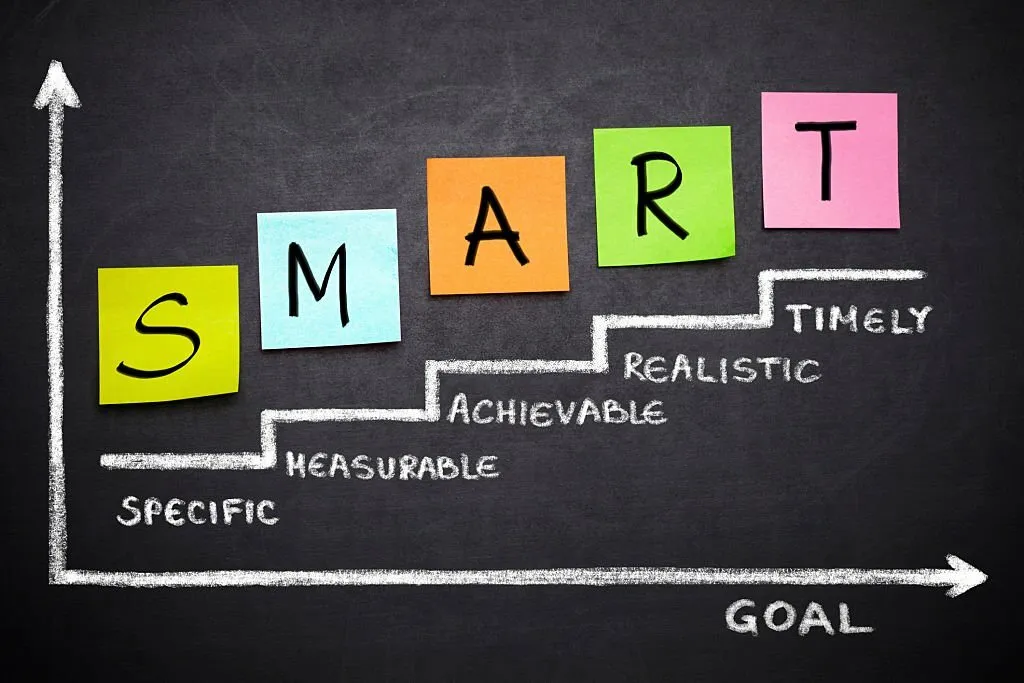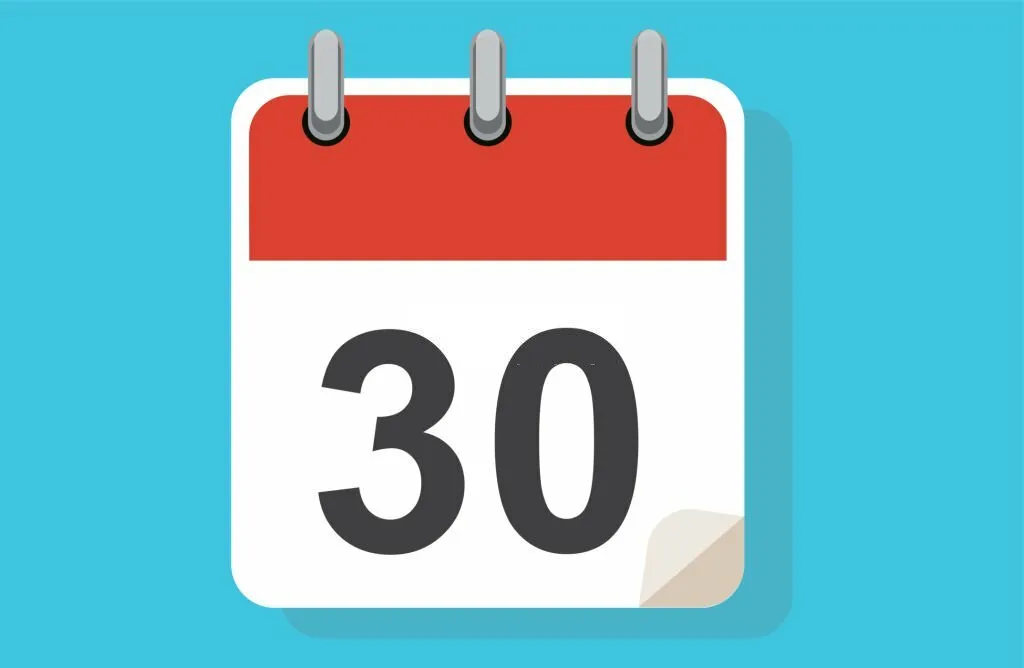Table of Contents
Discover the true essence of time as we delve into the question, “How Long is 30 Days?” Gain insights, answers to FAQs, and a deeper understanding of time’s significance.
Introduction
Time is a fascinating concept that governs our lives in countless ways. We often find ourselves pondering questions like, “How Long is 30 Days?” In this comprehensive article, we will explain the mysteries of time, providing you with valuable content and answers to your burning questions. Join us on this journey as we explore the dimensions of time and its importance in our lives.
How Long is 30 Days?
To understand how long 30 days are, we need to delve into the intricacies of our calendar system. A month in most calendars consists of 30 or 31 days, with February being the exception, having 28 or 29 days in a leap year. So, 30 days equate to one month on the calendar. However, in the realm of personal experiences and time perception, 30 days can feel remarkably different depending on the context.
The Relativity of Time
Time is a relative concept. It speeds up or slows down based on our activities, emotions, and the situations we find ourselves in. When we’re eagerly anticipating an event, 30 days can seem like an eternity. Conversely, when we’re busy and engaged, it can pass in the blink of an eye. This relativity is what makes the perception of time so intriguing.
Exploring the Significance of 30 Days
Setting Goals and Achievements
A 30-day timeframe is often used as a benchmark for setting and achieving goals. It’s a manageable period that allows us to focus our efforts and track progress effectively. Whether you’re embarking on a fitness journey, learning a new skill, or making lifestyle changes, 30 days can be a game-changer.

Legal and Contractual Agreements
In the legal and business world, 30 days often play a crucial role in contracts and agreements. Notice periods, payment terms, and various legal obligations are frequently defined within this timeframe. Understanding the significance of 30 days in these contexts is essential for compliance and smooth transactions.
The Value of Time Management
Making Every Moment Count
Time is a finite resource, and understanding how long 30 days is becomes essential when we seek to make the most of our lives. Effective time management is the key to achieving our goals, both big and small. It’s about prioritizing tasks, eliminating distractions, and maximizing productivity.
Tips for Effective Time Management
- Set Clear Objectives: Begin each day or 30-day period with a clear understanding of your goals and what you want to accomplish.
- Prioritize Tasks: Not all tasks are equally important. Focus on high-priority items first.
- Use Time Blocks: Allocate specific time blocks for different tasks to maintain focus and efficiency.
- Eliminate Distractions: Identify not unusual distractions and take steps to decrease them.
- Delegate When Possible: Don’t hesitate to delegate tasks that others can handle, freeing up your time for more important activities.
Time as a Cultural and Societal Construct
Diverse Perceptions of Time
Cultures around the world have unique perspectives on time. While some emphasize punctuality and structured schedules, others prioritize a more relaxed and flexible approach. Understanding these cultural differences can lead to better cross-cultural communication and collaboration.
The Impact of Societal Changes
The modern-day world has witnessed tremendous modifications in the perception of time due to technological improvements and the transfer of societal norms. With the appearance of the net and smartphones, facts are available at our fingertips, and the tempo of lifestyles has extended.
Addressing Common Misconceptions about Time
Time is Money
The popular quote, “Time is money,” highlights the significance of utilizing time efficiently. While it’s true that time can be valuable in economic terms, it’s also crucial to recognize the non-monetary value of time, such as personal growth, relationships, and leisure.

Time Heals All Wounds
While time can help heal emotional wounds, it’s not a universal remedy. Healing often requires active efforts, such as seeking therapy, counseling, or support from loved ones. Time alone may not suffice.
Time Travel
Time travel remains a popular concept in science fiction, but as of now, it remains a theoretical possibility. While time dilation is a real phenomenon in physics, it doesn’t enable us to travel through time as depicted in movies and books. Click to read Not Retained Meaning.
Final Words
In our quest to answer the question, “How Long is 30 Days?” we’ve explored the multifaceted nature of time. We’ve learned that while 30 days may seem like a fixed duration on the calendar, its significance varies depending on our perspective and experiences. It’s a window of opportunity, a benchmark for setting goals, and a crucial element in legal agreements. Embracing the relativity of time and making the most of each day can lead to a more fulfilling life.
So, the next time you wonder, “How Long is 30 Days?” remember that it’s not just about days on a calendar; it’s about the time and experiences that shape our lives.
FAQs How Long is 30 Days
Can 30 Days Ever Feel Like an Eternity?
Yes, indeed. When eagerly awaiting a significant event or dealing with a challenging situation, 30 days can feel like an eternity. Time’s perception is highly subjective.
How Can I Make the Most of 30 Days?
Setting clear dreams and priorities, managing some time efficaciously, and staying targeted on your goals allow you to make the maximum of a 30-day length.
Is 30 Days Enough to Form a Habit?
Research suggests that it takes around 21 to 66 days to form a habit. While 30 days is a good start, it may require additional time and consistency to solidify a new habit.
Are There Cultural Differences in How 30 Days is Perceived?
Yes, different cultures may have varying perceptions of time and the significance of 30 days. Some cultures place more emphasis on patience and long-term planning, while others prioritize immediacy.
How Does Technology Impact Our Perception of Time?
Technology has undoubtedly altered our perception of time. Instant communication, fast-paced lifestyles, and constant connectivity have made time seem to pass more quickly for many individuals.
Can 30 Days Really Change Your Life?
Absolutely. With dedication and a clear plan, 30 days can be a transformative period. It’s an opportunity to set goals, adopt new habits, and make positive changes that can impact your life significantly.




